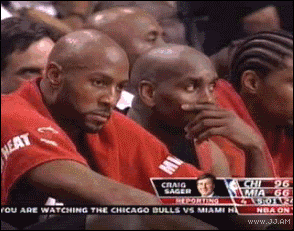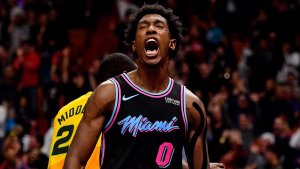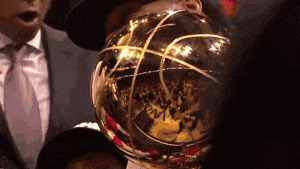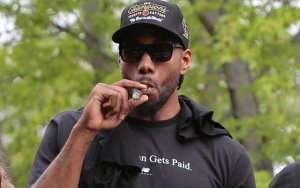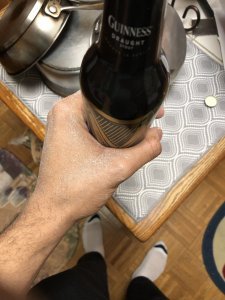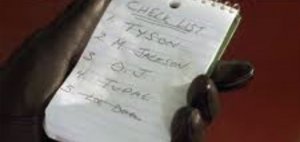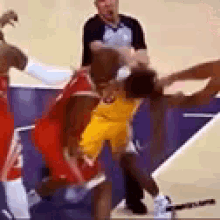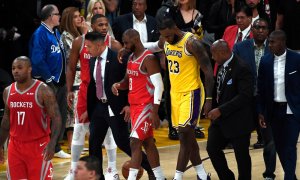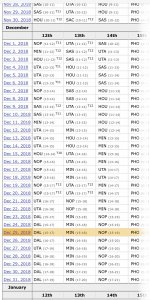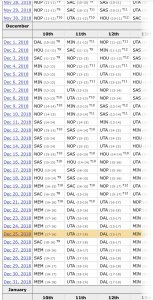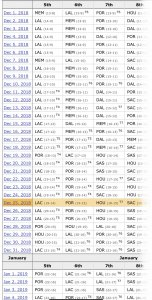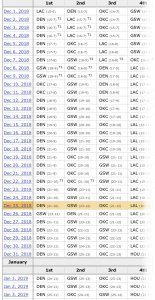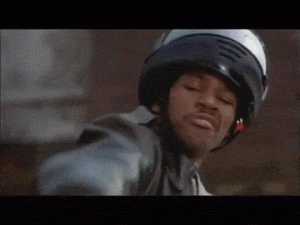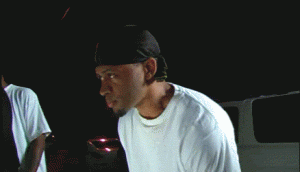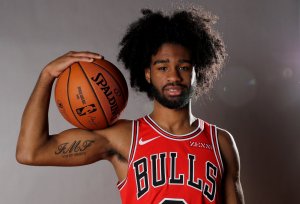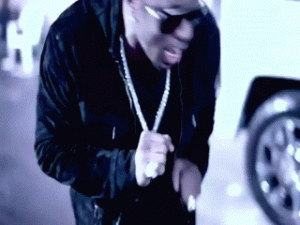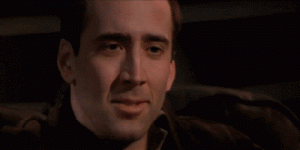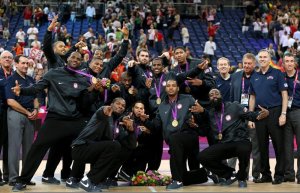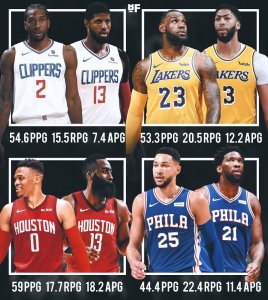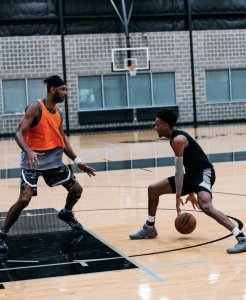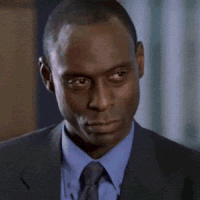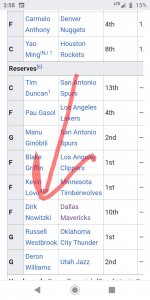Producing Winners
“In teaching our players, I tried to concentrate on the process rather than the result,” Smith said. That encompassed effort, execution and unselfishness. “I think it’s the best way to teach. If a coach starts out on the first day of practices talking about winning, that approach can actually get in the way of winning.”
Billy Cunningham, a Carolina alum who had a Hall of Fame career with the Philadelphia 76ers before coaching them to the 1983 NBA title, recalled his playing days for Smith: “If we won, Dean always said the players were the reason for it. If we lost, he said it was because of some detail he had not prepared the team well enough for. He was never one to look for accolades.”
Among the players who trusted their future to Smith -- besides Hall of Famers Cunningham, Jordan, Worthy and Bob McAdoo -- were a future member of that elite circle in Vince Carter and numerous stars such as Bobby Jones, Sam Perkins and Antawn Jamison. Smith’s coaching tree includes Hall of Famer Larry Brown and current UNC head man Roy Williams, in addition to Cunningham and George Karl.
“I was a demanding coach, but my players knew that I cared for them and that my caring didn’t stop when they graduated and went off to their careers,” Smith said. This was true regardless of whether they were headed to the NBA, or for an MBA, or for any other endeavor; 96% of his players received a degree.
Smith’s influence has been felt at this year's NCAA tournament, with his protege Williams coaching the Tar Heels to the Final Four.
Williams wrote in the preface to “The Carolina Way” that when he took the job in 2003, “Coach Smith’s advice then was for me to be myself and not to be tied so strongly to his philosophy that I wouldn’t be willing to change to suit my personnel.”
The Road To Chapel Hill
Born in Emporia, Kan., Smith grew up with a father who was a teacher and coach emphasizing sportsmanship. Dean's mother supported his love of sports, but “any neglect of schoolwork, no matter how slight, meant there would be no sports for me until the problem was corrected,” he recalled.
Smith became a high school basketball star who was good enough to play for Phog Allen at the University of Kansas.
Smith began his coaching career there too, starting in 1953 as a graduate assistant.
Two years later, he attended the Air Force Academy, earning the rank of lieutenant and the job of being an assistant coach for the new basketball team. With the encouragement of coach Bob Spear, Smith continued studying his craft by attending basketball clinics to learn what the great coaches were teaching.
In 1958, Smith left the service and the school to join Frank McGuire’s staff at UNC. After three years, in the wake of Carolina being hit with NCAA violations, Smith became the Tar Heels’ head man.
Upon his arrival on the Chapel Hill campus, Smith championed the rights of black students and athletes. He frequently quoted the thoughts of Martin Luther King Jr. to his team. Smith desegregated the team in 1965 and made character a prerequisite for players and coaches.
“I watched him run his program with honesty as the basic foundation for everything he did,” Williams wrote.
In the arena, Smith focused on challenges: “All leaders, not just coaches, must learn how to compete effectively, because the competition is looking for ways to beat them. ... Leaders must know how to bring their teams back from defeat.” To that end, “we made adjustments each year, depending on our personnel, and an annual goal was to disguise our team’s weaknesses and accentuate its strengths.”
We Are Talking About Practice
Preparation for Smith equated to he and his assistants spending “hundreds and hundreds of hours together watching tapes, planning practices, working on the practice floor and just talking basketball. Our entire program was built around practice.”
“Practices were the toughest,” Jamison told IBD. “That’s when he was really on us. He emphasized attention to detail, get open this way, make it easy on yourself and your teammates. He taught the fundamentals of basketball.”
Such preparation for players “does wonders for anyone’s confidence," Smith said. "We tried to put our players through every situation in practice that they might experience in a game.” To shepherd the development of players “takes time, work, dedication -- on the part of the teacher and the pupil.”
Smith noted that he and his staff saw that “a player could play hard. He could play unselfishly and do things to help his teammates succeed. He could play intelligently if we did the job in practice as coaches. We measured our success by how we did in those areas.”
Smith’s mantra was “never let anyone play harder than you. … This is the part of the game you can control.”
In the heat of a game, Smith “was never negative," Jamison said. "We could lose a game, be down by 15, and he was always positive.”
Smith, who said he was simply “trying to do what’s right,” left a deep legacy. He not only won basketball games, but also respect for the manner with which he conducted himself.
He said: “The most effective leaders have these things in common: the talent to create a sound strategy for their teams or business; knowledge of the importance of recruiting good people who wish to improve, (an) understanding that whether they like it or not, they lead by example … and the ability to honor their commitments.”
Smith’s Keys
Coached North Carolina to national titles in 1982 and 1993 and Team USA to an Olympic gold medal in 1976.
Overcame: Being thrust into UNC’s head coaching job at age 30, with the task of rebuilding a team that had been hit with NCAA violations.
Lesson: Know what you believe in, and do it.
“At North Carolina, we certainly had a philosophy. We believed in it strongly. … It pretty much stayed the same from my first year as head coach. It was our mission statement … our entire approach in a nutshell: Play hard; play smart; play together.”
So Said Smith
“Hard work that results in success equals confidence. That’s the only formula I have. I know of no other way.”
“The most important thing in good leadership is truly caring. The best leaders in any profession care about the people they lead, and the people who are being led know when the caring is genuine and when it’s faked or not there at all.”
“My parents taught me as a boy that all people are equally loved by the Creator and deserving of respect. They imbued me with core values and provided the opportunity for me to have a spiritual foundation, which placed great emphasis on being of service to others.”
“I might have plenty of critical things to say to a player in a team or individual meeting. It might be tough criticism. But I would never criticize a player in public.”
“A leader should take the blame for losses and give the players credit for victories.”
https://niketalk.com/threads/offici...thread-rip-nip.676547/page-3906#post-31520391









